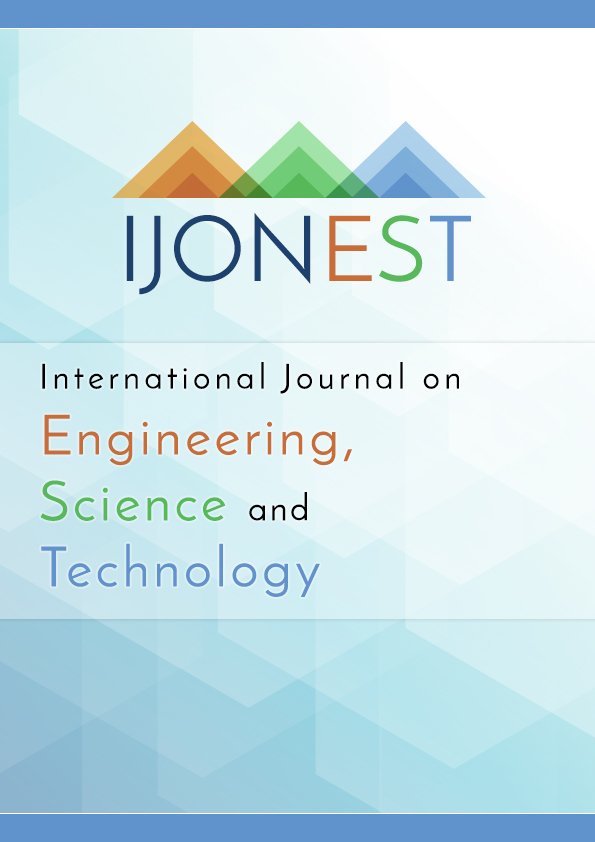Culture-specific Lexical Units as a Means of Reflecting the Realia of the World around Us on the Material of Kazakh, English, Russian and Turkish Fairy Tales
DOI:
https://doi.org/10.46328/ijonest.214Keywords:
Fairy tale, Culture-specific lexical units, Realia, Lingua-cultural study, Language and cultureAbstract
Lingua-cultural study explores the relationship between language and culture in their functioning as the "cultural identity" of the nation as a whole, and of a single linguistic personality and describes the structure of the linguistic picture of the world. The interaction of language and culture is especially clearly traced through the functioning of the word-concept in proverbs and sayings, phraseological units, literary texts, folklore. Culturological study of concepts is associated with the study of texts in which these concepts are fixed and verbalized as a reflection of national culture and consciousness. In this regard, the study of the concepts of culture on the material of folklore texts seems to be especially relevant. Folklore is the repository of national culture. Folklore texts are an integral part of the vocabulary of the language, reflecting the specific features of the material and spiritual culture of the people, their national mentality. Fairy tales have a special place among folklore texts. This article is dedicated to analyzing culture-specific lexical units as a means of reflecting the realia of the world around us (on the material of Kazakh, English, Russian and Turkish fairy tales).Downloads
Published
Issue
Section
License
Articles may be used for research, teaching, and private study purposes. Authors alone are responsible for the contents of their articles. The journal owns the copyright of the articles. The publisher shall not be liable for any loss, actions, claims, proceedings, demand, or costs or damages whatsoever or howsoever caused arising directly or indirectly in connection with or arising out of the use of the research material.
The author(s) of a manuscript agree that if the manuscript is accepted for publication in the International Journal on Engineering, Science and Technology (IJonEST), the published article will be copyrighted using a Creative Commons “Attribution 4.0 International” license. This license allows others to freely copy, distribute, and display the copyrighted work, and derivative works based upon it, under certain specified conditions.
Authors are responsible for obtaining written permission to include any images or artwork for which they do not hold copyright in their articles, or to adapt any such images or artwork for inclusion in their articles. The copyright holder must be made explicitly aware that the image(s) or artwork will be made freely available online as part of the article under a Creative Commons “Attribution 4.0 International” license.

This work is licensed under a Creative Commons Attribution-NonCommercial-ShareAlike 4.0 International License.





